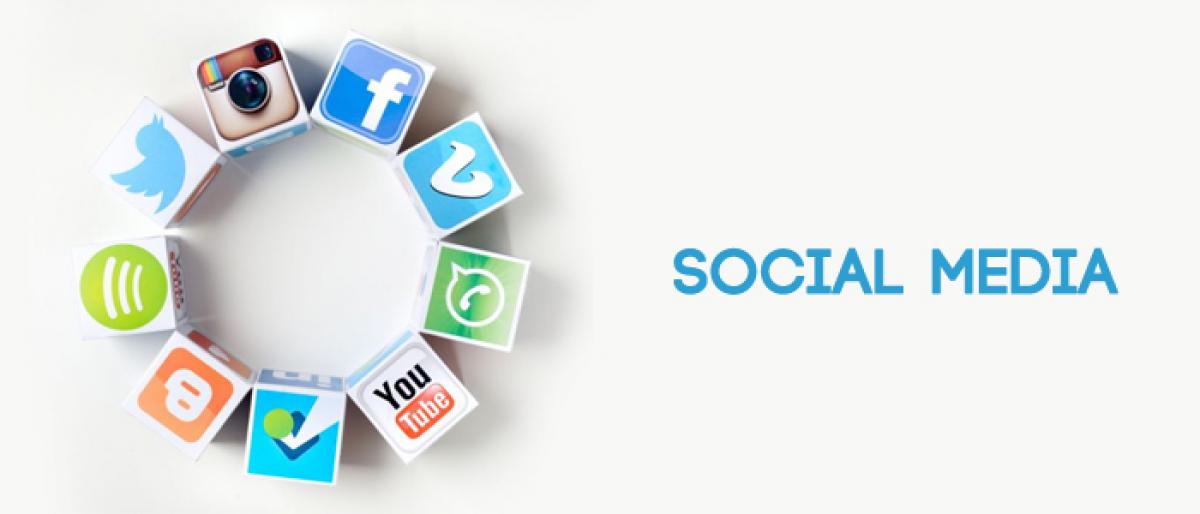Social media use may up depression, loneliness: Study

Spending too much time on social media sites like Facebook, Snapchat and Instagram can impact your wellbeing, making you depressed and lonely, a study has found
Washington: Spending too much time on social media sites like Facebook, Snapchat and Instagram can impact your well-being, making you depressed and lonely, a study has found.
The study by researchers from the experimental study of Facebook, Snapchat and Instagram use showed a causal link between the time spent on the platforms and decreased well-being.
Few prior studies have attempted to show that social media use harms users' well-being.
However, those studies were either limited in scope or have put participants in unrealistic situations, asking them to completely forego Facebook and relying on self-report data, for example, or conducting the work in a lab in as little time as an hour.
"We set out to do a much more comprehensive, rigorous study that was also more ecologically valid," said Melissa G Hunt, an associate director at University of Pennsylvania in the US.
Researchers designed their experiment to include the three platforms most popular with a cohort of undergraduates, and then collected objective usage data automatically tracked by smartphones for active apps, not those running the background.
Each of the 143 participants completed a survey to determine mood and well-being at the study's start, and shared shots of their iPhone battery screens to offer a week's worth of baseline social-media data.
Participants were then randomly assigned to a control group, which had users maintain their typical social-media behaviour, or an experimental group that limited time on Facebook, Snapchat and Instagram to 10 minutes per platform per day.
For the next three weeks, participants shared smartphone battery screenshots to give the researchers weekly tallies for each individual.
With those data in hand, researchers then looked at seven outcome measures including fear of missing out, anxiety, depression, and loneliness.
"Using less social media than you normally would leads to significant decreases in both depression and loneliness. These effects are particularly pronounced for folks who were more depressed when they came into the study," Hunt said.
She stresses that the findings do not suggest that 18- to 22-year-olds should stop using social media altogether.
However, limiting screen time on these apps would not hurt.
"Some of the existing literature on social media suggests there's an enormous amount of social comparison that happens. When you look at other people's lives, particularly on Instagram, it's easy to conclude that everyone else's life is cooler or better than yours," Hunt said.
















